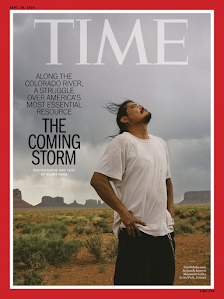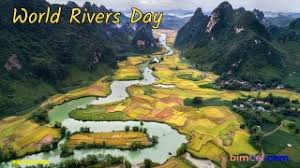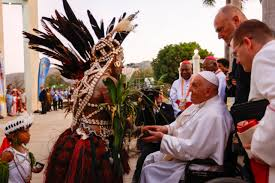Patricia Seaton Homonylo won 2024's Bird Photographer of the Year for this photo of 4,000 dead birds, all killed by colliding with glass in Toronto. The image also netted gold in the competition's Conservation category. (Patricia Seaton Homonylo/Bird Photographer of the Year)
1 God sees the little sparrow fall,
it meets his tender view;
if God so loves the little birds,
I know he loves me too.
1 God of the sparrow God of the whale
God of the swirling stars
How does the creature say Awe
How does the creature say Praise
What is it about old people and bird feeders? We have several that are visible through the windows of our family room and the avian creatures are often more entertaining than what's on the television screen. Recently a guest was up early and excited to tell us about seeing a northern flicker at a feeder, the closest she'd ever been to one.
I would suggest that watching birds, even when we can't name the species, is wonder-full, a gift from the Creator. When we were on Haida Gwaii in June of this year we saw plenty of bald eagles, sometimes a dozen or more in one spot. While this was spectacular, we are enchanted when a gaggle of frantically noisy goldfinches show up at a feeder or chickadees come for a drink at one of several bird baths we have around our yard. We have done our best to put our feeders where the birds won't be injured flying into windows and we've made what we think are largely successful efforts to cat-proof our yard.
I heard an CBC interview with Patricia Homonylo, a photographer whose image called When Worlds Collide recently won a 2024 Bird Photography of the Year award. It both beautifully and grimly shows the bodies -- 4,000 of them -- of birds that fatally collided with buildings in Toronto last year.
"I want people to be shocked by this image," Homonylo told As It Happens host Nil Köksal. "I want them to really think about what they're seeing. The picture features a wild turkey at its centre, surrounded by concentric circles of smaller and smaller birds, including hawks, owls, warblers, blue jays and more. Their bodies were collected and arranged by members of the Fatal Light Awareness Program (FLAP), a Canadian charity where Homonylo volunteers, which helps birds injured in these kinds of collisions.
"Unfortunately, most of the birds they find are dead. [But] those bodies are never left behind," Homonylo said. "Once a year, the volunteers get together and they create this beautiful and tragic image of the birds called The Layout. And that's what you're looking at."
It's sad, isn't it? It's estimated that up to 42 million birds die in Canada each year due to these collisions and various organizations and levels of government are pressing for companies to turn off the lights at night and for home owners to take measures to reduce the risk. It does seem as though humans are waging war on birds with loss of habitat and climate change as other challenges.
I've written often enough about the remarkable number of bird references in the bible and Jesus told his followers to look to the birds of the air as examples of how to risk anxiety and worry. I grew up singing "God Sees the Little Sparrow Fall" but it didn't make it into Voices United. I am fond of "God of the Sparrow" though and "On Eagles Wings" is a fave as well.
I've included another, more hopeful, award-winning photo as well. I love gannets and have watched them dive, mesmerized by their beauty.
Could we consider watching, feeding, respecting birds as a spiritual practice?











